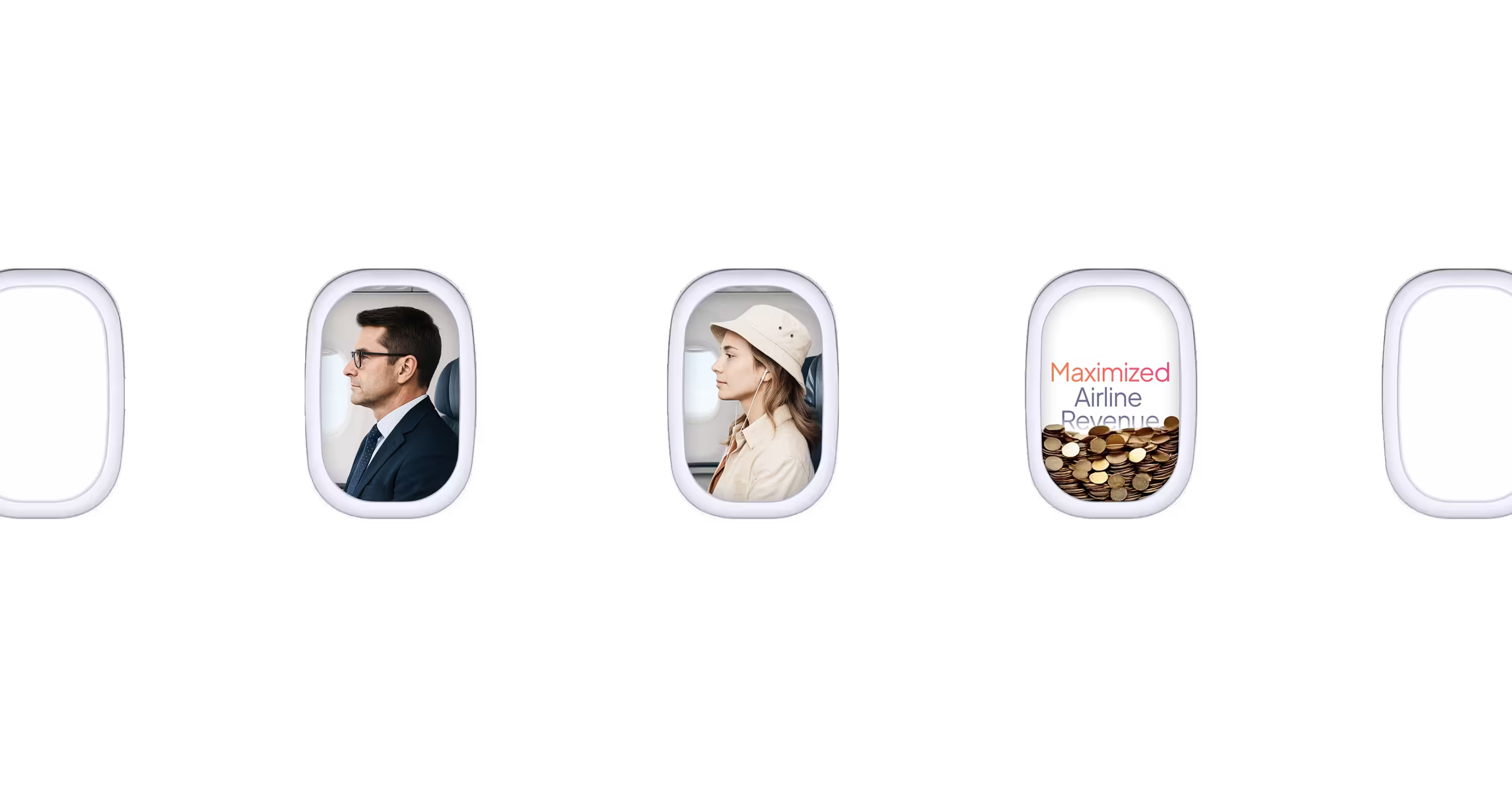Redefining travel through smarter

The most advanced post-booking
revenue management solution for Airlines
It estimates a flight's revenue-generating potential and determines passengers' willingness to change, sending ticket buyback or flight swap offers to lower-yielding passengers in order to resell released inventory to higher-yielding traffic.
Flight Identification
creation with RmX
right time, with precise
Passenger Notification
Your airline’s touch.
Revenue maximized.
Monetized. Proven.
& Resold Seats



capacity



revenue










P2P solution







“I'm thrilled with our launch of Ticket 3.0 in partnership with TravelX, using NFTicket technology. This marks our commitment to innovation and improving our customers' experience, placing us at the forefront of this industry change! The results are amazing!.”

“As the world becomes more volatile and unpredictable, customers need flexibility when they travel. TravelX provides airlines with innovative solutions that meet these customer expectations, while complementing the airlines’ forecasting and revenue management systems. At Threedot, we’re excited to partner with TravelX and contribute to better customer experience for all travelers.”

"We are very pleased with the results obtained following the implementation of the practical applications of TravelX technology. This collaboration has allowed us to increase our revenues by making our inventory management smarter, all with minimal integration effort or cost. TravelX has truly made a difference for Viva Aerobus’s bottom line."


“I'm thrilled with our launch of Ticket 3.0 in partnership with TravelX, using NFTicket technology. This marks our commitment to innovation and improving our customers' experience, placing us at the forefront of this industry change! The results are amazing!.”


“As the world becomes more volatile and unpredictable, customers need flexibility when they travel. TravelX provides airlines with innovative solutions that meet these customer expectations, while complementing the airlines’ forecasting and revenue management systems. At Threedot, we’re excited to partner with TravelX and contribute to better customer experience for all travelers.”


"We are very pleased with the results obtained following the implementation of the practical applications of TravelX technology. This collaboration has allowed us to increase our revenues by making our inventory management smarter, all with minimal integration effort or cost. TravelX has truly made a difference for Viva Aerobus’s bottom line."




